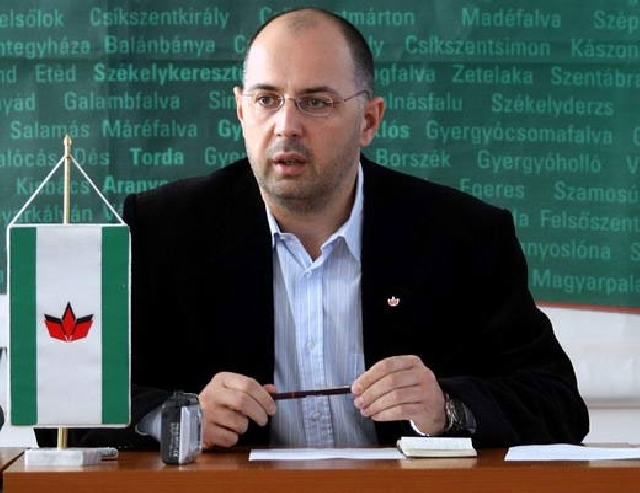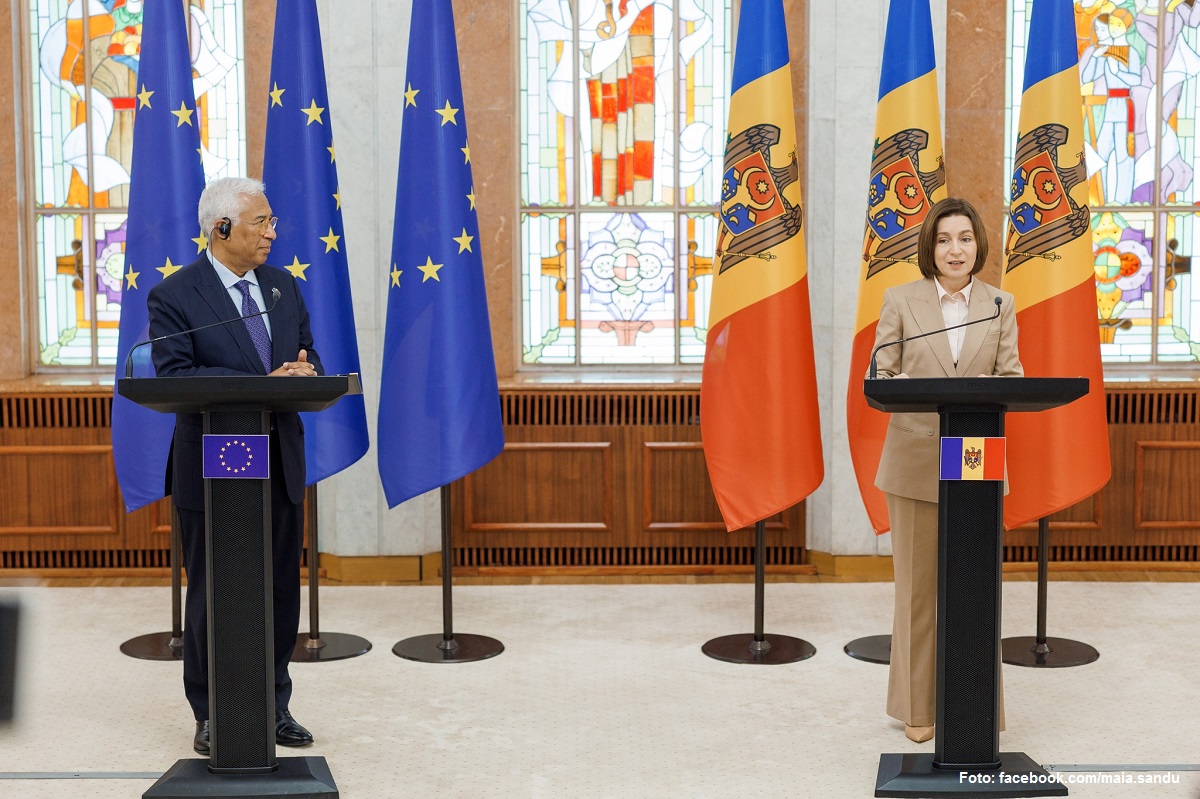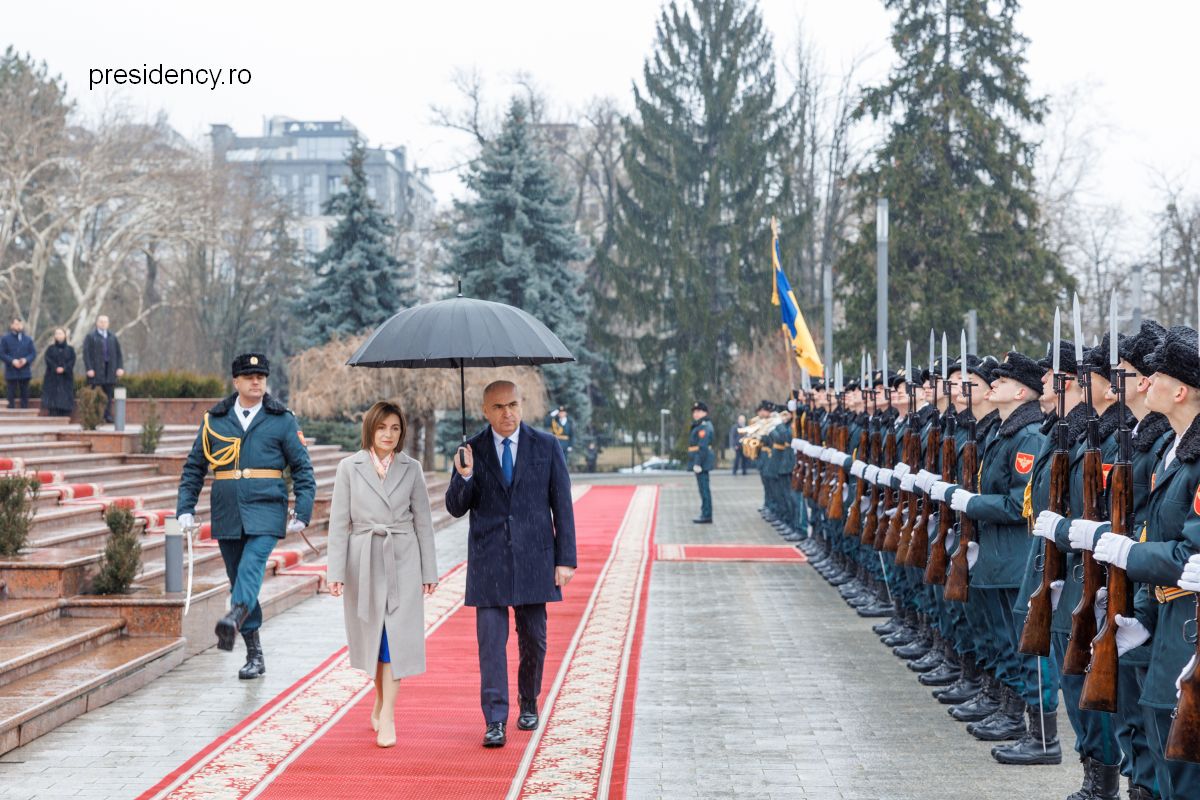On Autonomy, Again
In Romania, the Democratic Union of Ethnic Hungarians announced a project for the independence of the Szecklers Country.

Bogdan Matei, 19.09.2014, 13:39
From Spain’s Catalonia and Basque Country to Belgium’s Flanders, secessionist movements hoping for the Scots to create a precedent within the EU were disappointed with the outcome of the independence referendum.
Romania itself is facing a trend that targets the autonomy of the so-called Szecklers’ Country, where ethnic Hungarians make up the majority. So far, its autonomy and ultimately its independence was explicitly promoted by what the media in Bucharest called the Hungarian hardliners, affiliated to parties outside the Romanian Parliament. But now they are joined by the moderate Democratic Union of Ethnic Hungarians in Romania, which has been a constant presence in the Parliament of Romania since 1990 and in most Romanian governments since 1996. Kelemen Hunor, head of this party and the vice-premier of Romania, presented the main elements of this new project.
Comprising the current counties of Harghita, Covasna and Mures, the planned autonomous entity would enjoy rights similar to those of South Tyrol. Such an entity, called the Autonomous Hungarian Region, did exist in the history of Romania, inspired not by the Tyrol model, but rather imposed by the Soviet regime in the first two decades of communist dictatorship in Romania.
The new model involves the introduction of bilingualism at all levels of social life, with Hungarian taught even in the Romanian schools in that region. The two ethnic communities would enjoy proportional representation in public institutions, meaning one-third of civil servants, magistrates included, would be Romanian and two-thirds Hungarian. Fifty percent of the taxes would stay with the local authorities instead of going to the state budget. The capital of the Szecklers’ Country would be the largest city in the region, namely Targu Mures, which in fact has a Romanian, not Hungarian majority.
As deputy PM Kelemen Hunor put it, the Hungarian community seeks neither separatism, nor independence, but strong guarantees that its own identity would be protected, developed and freely expressed. The Romanian politicians, both in Power and Opposition, argue however that any territorial and administrative change must comply with the Constitution, and disagree with the creation of regions based on ethnic criteria.






























